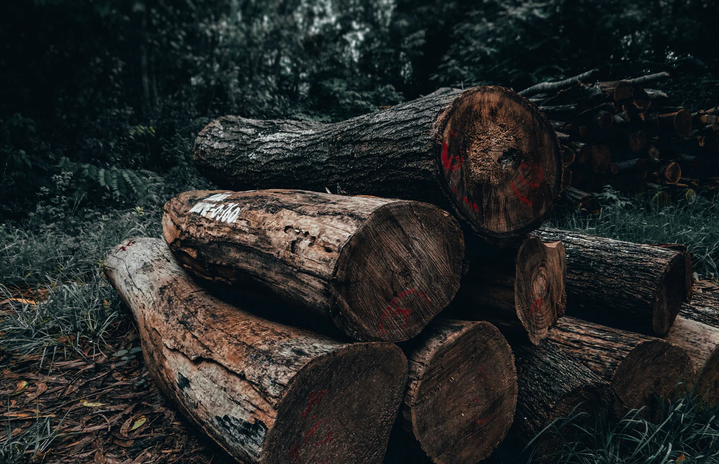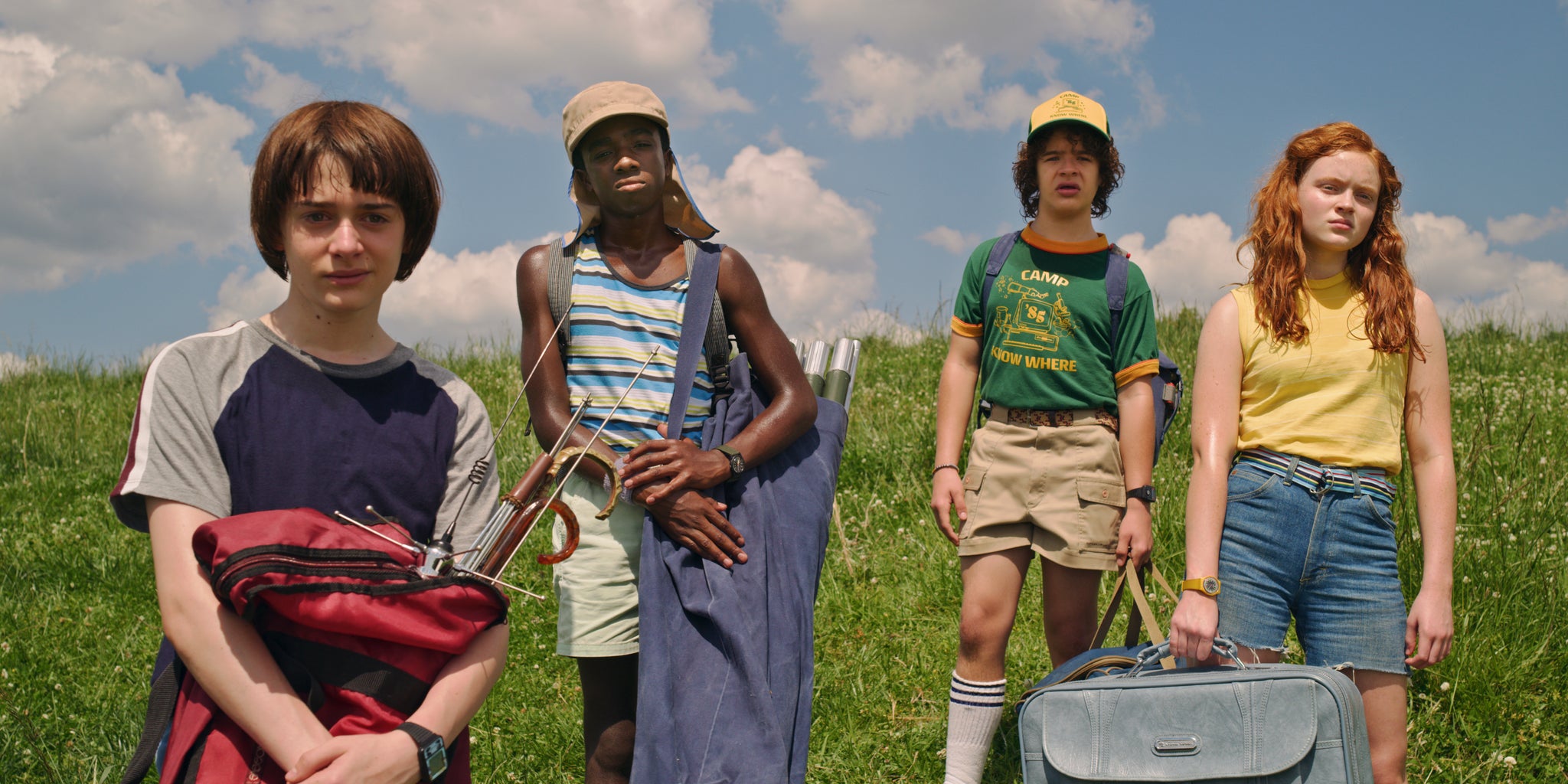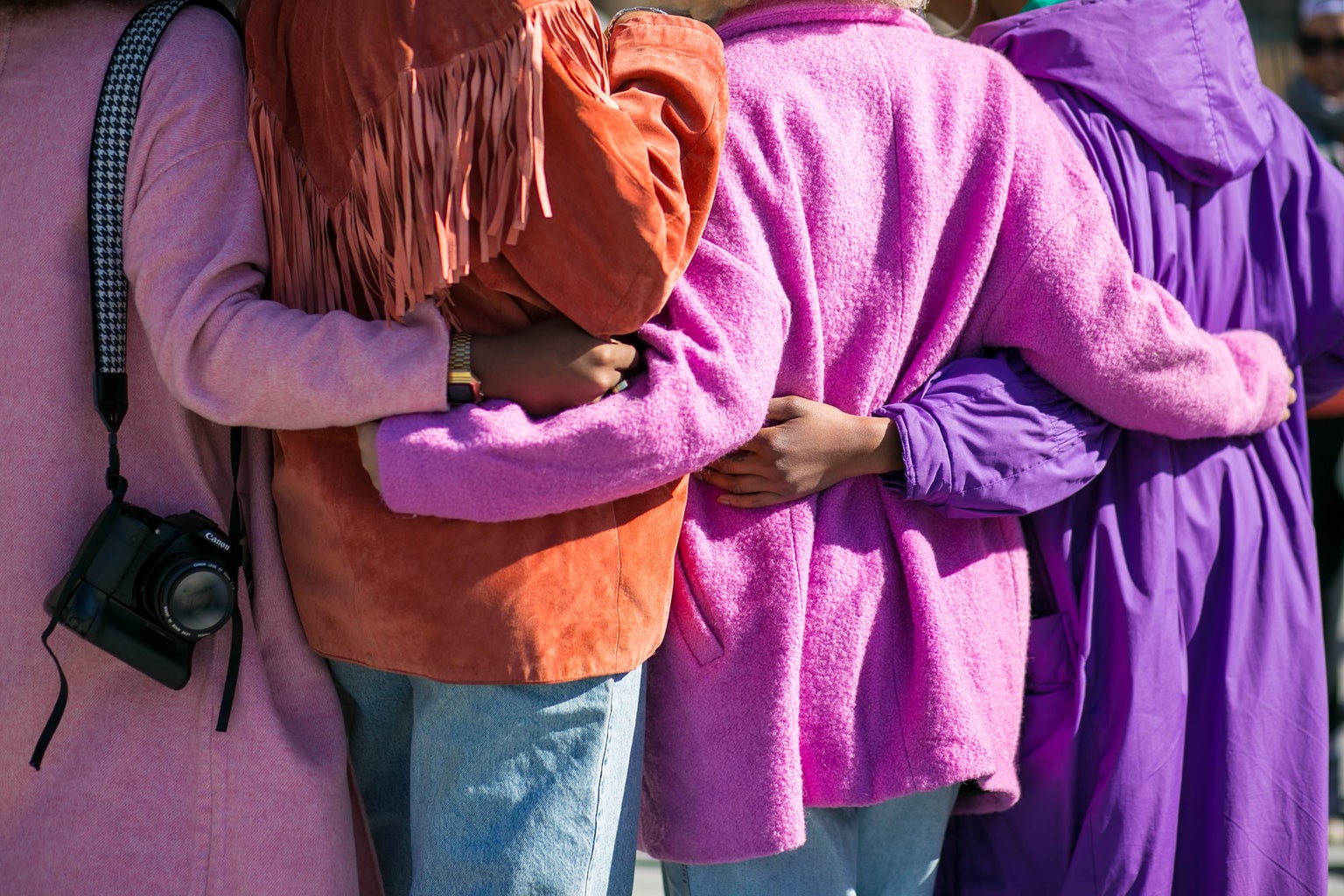I was a part of a cult this summer, but don’t worry, it was one of the fun ones.
My friends and I figured we wouldn’t give into the stereotypes of the ‘classic’ cult so we skipped over the head-shaving process. Although, we often wore matching t-shirts that may have had a stain…or two.
Most of our cult traditions took part outside in the rain, blazing heat, and mystifying fog, which was something many of us newcomers had to get adjusted to. Our bathing suits hugged us and our clothes were used as mother nature’s canvases, a discomfort that soon became customary. We danced, we laughed, and we ate food at the exact same times every day; but our craziness was no Midsommar, it was just the fervor of camp.
My summer career was one that many students can relate to. Whether you were a camper as a child or a counselor throughout your adolescence, you can understand the overwhelming mesh of craziness and tradition that most camp environments treasure.
While I have experience as a counselor for a more traditional day camp and sports camp, my experience this past summer entailed new challenges. My job involved working with children and adults with various diagnoses such as autism, 22Q, and sickle cell disease, where new campers would typically come in each week of the summer. For 10 weeks, I ensured that my camp spirit surpassed the level of Tony the Tiger’s zest for Frosted Flakes. My camper days at sleepaway camp slowly came back to me but revealed themselves in a different light as I realized that the ‘rah-rah’ nature of camp was, honestly, a lot of work.
So where does the camp ‘sparkle’ originate from?
If you had asked me at the end of this summer, I would grin widely. Probably snicker — thinking about the bags tugging by a single thread below my eye, how those bags are not heavy with change, but rather heavy with the loss of energy, despite the .10 cents I made an hour. Even though I was on my last leg and delirious enough to trot around with laces dangling around my feet, I recognized the immense value we counselors have beyond tangible compensation.
Most of us are thrown into these environments and for many of us, we are caught by the nostalgia and spirit that we’ve expected since setting foot on camp grounds at the ripe age of five. Sometimes, we get lucky; we may have grown so fond of our old times that we’re still able to recollect the awe that we had appearing before our own nirvana.
We remember an annoying counselor that just seemed to click with us like a long-lost sibling, or the Gaga game (that seemingly exists at every camp) that brought us to tears every time we got called out for lingering in the arena. You latch onto those feelings that have been left astray, yet you feel right with the innocent and confused liveliness that still scarcely looms about you.
While many of us can access our inner child and gravitate toward an uninhibited spirit, the responsibility and presence of a counselor remain within us more.
I had the privilege of meeting an array of compassionate souls this summer, many of whom came from Mexico and are predominantly Spanish speaking. While this did pose some problems at times in terms of communication barriers, it brought about core questions regarding what it truly means to be a community, the resources it entails, and the space necessary for various forms of reciprocation.
Let’s just say the camp I worked at this past summer was a tad limited in resources. This was a summer during a pandemic that threw us many curve balls. Nevertheless, the summer persisted. While I do commend the staff of higher authority for assisting us throughout the chaos, I had the privilege to be amongst a diverse group of staff members that often came together amidst the madness. We shared the same burn-out, yet we continued to exchange past and present experiences with a familial-like rawness to our emotions. I had the honor to connect and swap smiles with individuals from different backgrounds than me, many of which had no camp experience at all! My point is, the community is what makes a place feel whole.
While I had no experience with this camp prior to this summer, I believe that much of the existing staff wasn’t equipped to build a larger one.
How can you expect us to construct a space for disparate campers when you have failed to bridge together the very people responsible to make it?
But we were equipped, it was just within ourselves, within most of our very natures. And that was the reality with our campers. Whether some of the existing staff members cared or not, almost the entire remaining staff was able to come together just as the campers often did. Of course, there were bumps in the road but just like children, we allowed ourselves to live in a present that was free of assumptions, judgment, and even hierarchies — and that’s the camp spirit I remember. The one that allowed me to access a vulnerability I had unconsciously worn throughout every summer, regardless of the physical camp. I had the opportunity to engage with individuals from all walks of life, just like the campers who forge lifelong friendships with a single friendship bracelet. We weren’t trained to lean on people, we just needed to.
The idea of camp means nothing unless there are people like us, the ones who love to love people.
Can’t get enough of HC UMass Amherst? Be sure to follow us on Instagram, listen to us on Spotify, like us on Facebook, and read our latest Tweets!




